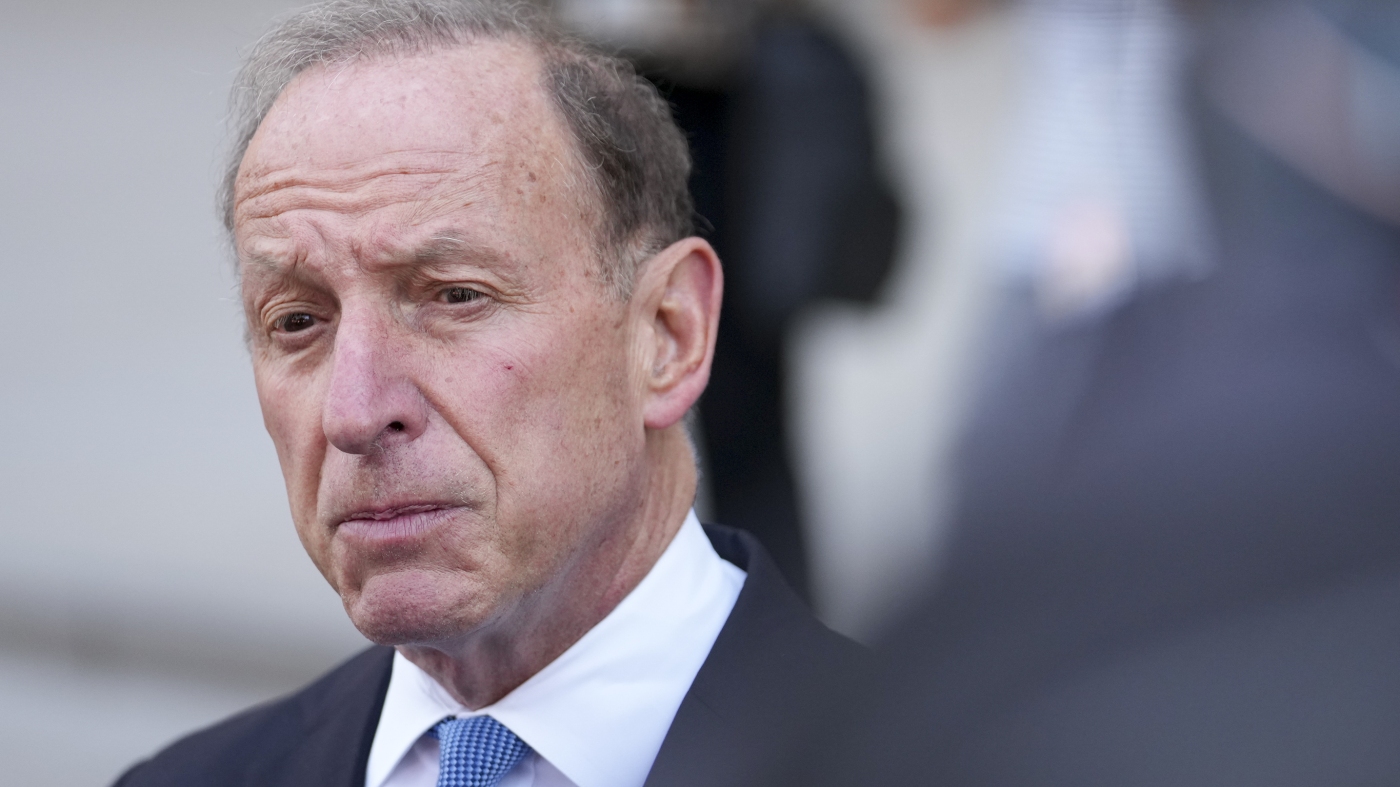The Unprecedented Targeting of Law Firms Under the Trump Administration
The legal landscape in the United States has witnessed a dramatic shift with the return of President Donald Trump to the Oval Office. Among the most concerning developments is the targeted actions against law firms and lawyers who have represented clients adverse to Trump. This report explores the implications, responses, and broader impacts of these actions.
A New Era of Legal Retribution
Executive Orders and Legal Firms
President Trump has issued a series of executive orders aimed at law firms that have represented individuals or entities opposed to his administration. These orders have included blacklisting firms from federal contracts and restricting their access to federal buildings. The rationale behind these actions is often personal, stemming from Trump’s grievances against attorneys who have crossed him in the past. This use of executive power to target legal professionals is unprecedented and raises serious concerns about the politicization of the legal system.
The Legal Community’s Dilemma
The legal community has been deeply shaken by these actions. Many law firms find themselves in a precarious position, torn between their ethical obligations to represent clients and the need to protect their own interests. Some firms have chosen to make deals with the Trump administration to avoid retribution, agreeing to provide free legal services for causes deemed uncontroversial by the White House. This has raised serious concerns about the independence of the legal profession and the potential for political influence over legal representation.
The Erosion of Constitutional Rights
Due Process and Representation Under Threat
The targeting of law firms has been described as an extraordinary threat to constitutional rights, particularly the right to due process and representation. The chilling effect on lawyers and law firms is evident, with many hesitant to take on cases that might draw the ire of the Trump administration. This has led to a weaker effort to challenge Trump’s actions in court compared to his first term, as lawyers fear the potential consequences of standing up to the administration.
A Climate of Fear and Uncertainty
The fear and uncertainty among lawyers in Washington, DC, and across the country have reached unprecedented levels. The legal industry is sharply divided on how to respond to these attacks, with attorneys grappling with fear, outrage, and uncertainty. The prospect of being targeted by the president has created a climate of self-censorship and caution, undermining the fundamental principles of legal practice. This environment of fear is detrimental to the administration of justice and the protection of individual rights.
Notable Cases and Developments
Abbe Lowell’s New Firm
Veteran lawyer Abbe Lowell, with nearly 40 years of legal practice, has started a new law firm specifically to represent those who have drawn the ire of President Trump. This move highlights the growing need for legal representation in the face of Trump’s retribution campaigns. Lowell’s new firm aims to provide a safe haven for clients who might otherwise struggle to find legal representation due to the political climate.
The Susman Godfrey Lawsuit
Susman Godfrey, a prominent law firm, has accused Trump of trying to “exact revenge” on the firm. The firm has represented Dominion Voting Systems in defamation cases related to Trump’s false claims about the 2020 election. This lawsuit is one of several legal battles emerging from Trump’s targeting of law firms. The firm’s decision to sue Trump is a bold move that underscores the need for legal professionals to stand up against political retribution.
Deals and Retributions
Trump has reached deals with several law firms, allowing them to avoid punishing executive orders. However, these deals often come with strings attached, such as the provision of free legal services for causes aligned with the administration’s interests. This has raised concerns about the ethical implications of such agreements and the potential for conflict of interest. Law firms must carefully consider the long-term consequences of such deals and the impact on their independence and integrity.
The Broader Implications
Political Retribution and Legal Independence
The targeting of law firms under the Trump administration raises serious questions about political retribution and the independence of the legal profession. The use of executive orders to punish perceived enemies and reward allies undermines the rule of law and the principles of fair representation. This politicization of the legal system is a dangerous precedent that threatens the foundations of American democracy.
The Future of Legal Practice
The actions taken by the Trump administration have the potential to reshape the future of legal practice in the United States. Lawyers and law firms will need to navigate a more politically charged landscape, balancing their ethical obligations with the need to protect their own interests. The legal community must also grapple with the broader implications for constitutional rights and the rule of law. This new reality requires a renewed commitment to the principles of justice and fairness, as well as a willingness to stand up against political interference.
A Call to Action
The targeting of law firms and lawyers under the Trump administration represents a significant threat to the legal profession and the principles of justice and fairness. It is imperative that the legal community, along with other stakeholders, takes a stand against these actions. This includes advocating for the protection of constitutional rights, promoting the independence of the legal profession, and ensuring that all individuals have access to fair and unbiased legal representation. The future of the legal system in the United States depends on the collective efforts of legal professionals to uphold the rule of law and resist political retribution. The time to act is now, and the stakes could not be higher.

